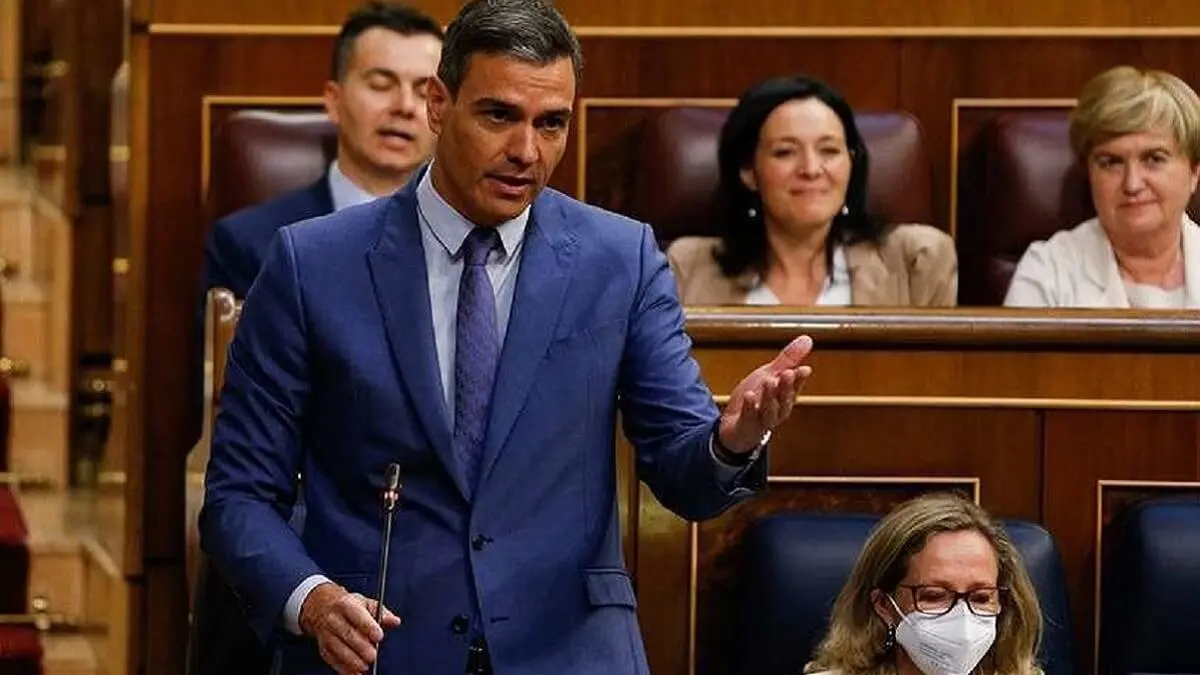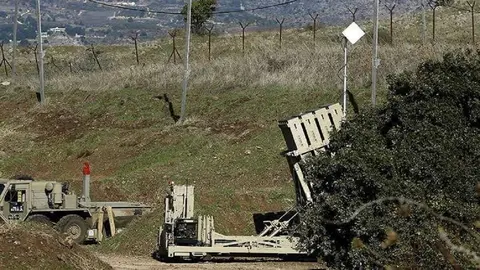Spain, from success to disaster

As has happened before, while an election campaign lasts, the data is concealed and, once the campaign is over and the results of the vote have been certified, it emerges starkly and atrociously for those in government who have to deal with a legacy with much more bile than honey.
Pedro Sánchez, holder of the rotating presidency of the European Union, says that "Spain is going like a motorbike". He thus suggests that the country is going like gangbusters, and that Spaniards have never had such a splendid present and future. However, it seems that the data, if we do not pay attention to the manipulations of Tezanos and his emulators, are far from such a supposedly optimistic picture.
"Una pica en Flandes. La huella de España en la Unión Europea" (Ed.Debate), by Spain's former ambassador to the EU, Francisco Javier Elorza, describes in detail how our country has gone "from success to disaster" in the main indicator, that of real convergence with Europe. And it turns out that, according to the numerous data provided in the book, Pedro Sánchez's five long years at the helm of the Spanish government have placed the country at practically the same level at which the dictator Francisco Franco left it when he died in bed in 1975. Indeed, Spain is like a motorbike... seriously broken.
Backward Spain was in 1985, the date of our full membership of the EU, at 73% of the EU average income. We rose to 79% in 1992, when the Spanish economy experienced its biggest boost, spurred on by both the Barcelona Olympics and the Seville Expo, both in 1992. The upward trend took Spanish per capita income to 103 per cent of the EU average in 2007, shortly before the debacle of the financial crisis triggered by the US shenanigans, especially the bankruptcy of Lehman Brothers. The euphoria led the then president José Luis Rodríguez Zapatero to announce that we had overtaken Italy and were going to overtake France. "Always live on illusions the fool of the coj...", goes an Asturian adage, which suits Sánchez's presumed master in the art of the political mudslinging.
Zapatero, who was spurred on by the supposedly subsidised intellectuals of the eyebrow, even went so far as to ask for a preferential seat in the G-7, the group of the supposedly largest economies in the world, converted into the G-8 out of deference to a Russia that was then thought to be reconducive and integrable among the main liberal democracies. The former KGB agent Vladimir Putin was still exhibiting the forms and manners of an aspiring democrat, although the most seasoned Slavic pundits were already warning of where the Kremlin's leader would end up heading.
When Zapatero, born in Valladolid, although he claims to be from León, passed the baton to Mariano Rajoy in 2011, the income of Spaniards had already reached 92% of the EU average, and would still fall to 90% in 2019 with Dr Sánchez in power. The coronavirus pandemic, which was global and not just a plague that devastated the Spanish, was a brutal blow to Spain, which contracted its GDP by 11.3%, almost double the European average of 6.4%. We were once again far away from Europe, at 84.4 per cent of the EU average income.
Former ambassador Elorza says in his book that such a setback also has its positive side: that Spain would once again be eligible to access the Cohesion Funds, that is, the money that the most developed countries in the EU give to the poorest so that they can invest it well and bring the countries that receive it closer to the level of welfare and wealth of those that provide the handouts.
Sánchez's Spanish "motorbike" is limping so badly that we are already behind countries that have joined the EU more recently and are closer to the European average income: Slovenia (92%), the Czech Republic (91%), Lithuania (89%), Estonia (87%), and already on our heels are Poland (80%), Hungary and Portugal (77%).
As a "castizo" would say, referring to Sánchez and his motorbike, they're going like crazy...


